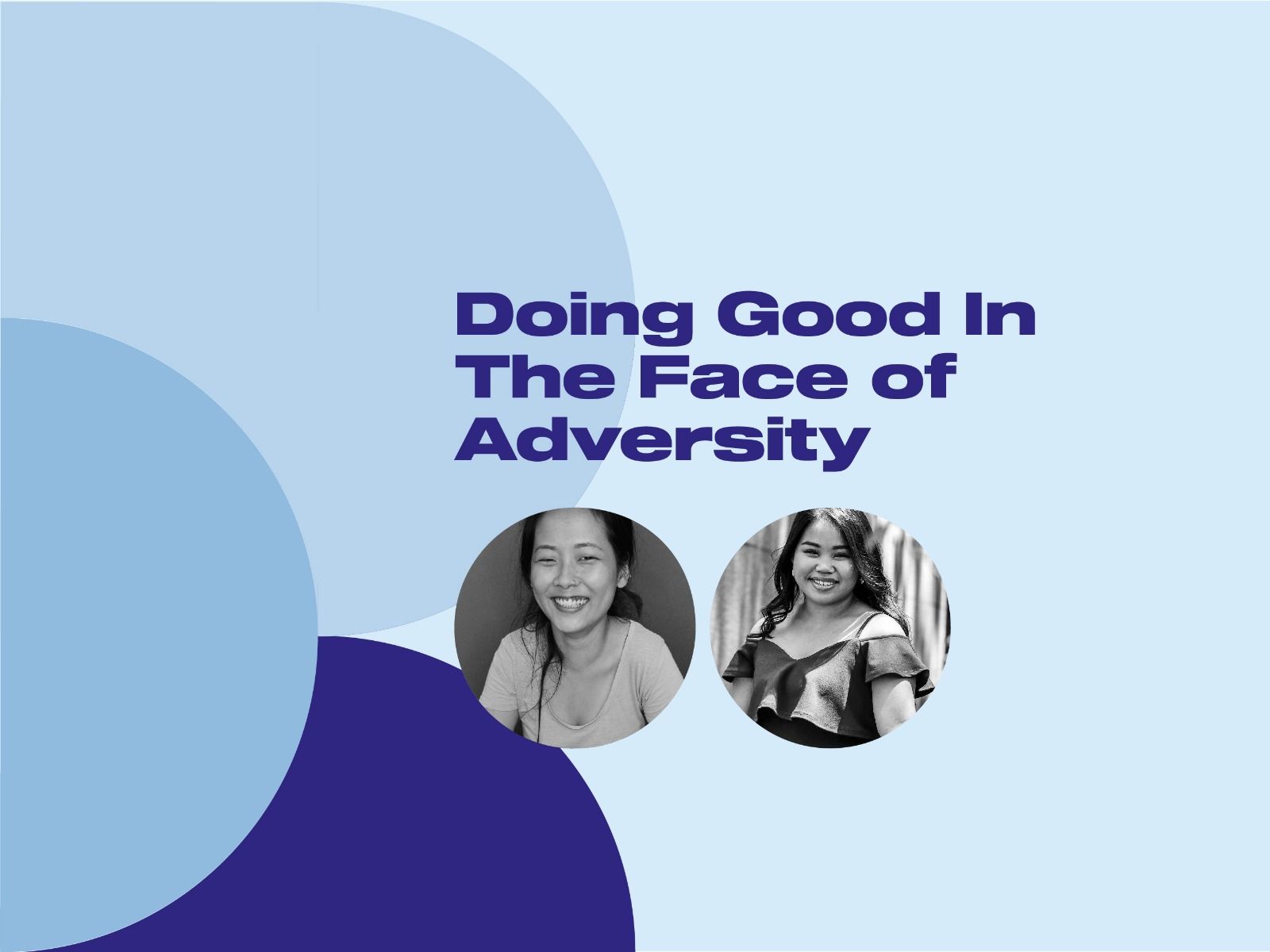Two young humanitarians discussed the challenges involved when fighting for the rights of marginalised groups in the latest edition of Gen.T's webinar series, Cloud Talk
August 19 was World Humanitarian Day, which commemorates aid workers who have fallen or been injured in the line of duty. It also celebrates those who continue to risk their lives to support and protect the communities most in need.
Exactly one week from that date, Gen.T held its latest English-language edition of Cloud Talk to shed light on this field of work in the Asian context.
In the past decade, instances of violence against humanitarian workers have increased, particularly in war-torn countries such as Syria and South Sudan. In many parts of Asia, we may see and hear less of such hostile situations, but individuals in this line of work still face plenty of challenges—and not all of them play out in the open.
See also: Cloud Talk: World Oceans Day—How Can We Help Marine Wildlife?

The Panel
Gen.T invited two young social activists to learn about their experiences working with marginalised communities in Southeast Asia. They shared the difficulties they face and the sacrifices they’ve had to make in their line of work, but also what keeps them going.
The Leader
Executive director of Project X, Vanessa Ho runs Singapore’s only non-profit organisation providing social, emotional and health support to people in the sex industry. Since joining Project X, Ho has worked on projects including the Human Rights Defenders Program, which provided training to ten current and former sex workers in various skills such as digital storytelling, suicide intervention and financial literacy.
The Founder
Malaysian Gen.T honouree Heidy Quah founded Refuge for the Refugees when she was just 18 years old, and has since dedicated her life to providing refugees with education and opportunities to improve their livelihoods. Her efforts with the NGO were recognised when she was presented with the Young Leaders Award from Queen Elizabeth II in 2017.
Here are the key takeaways from the discussion.
